Pharmaceutical
Pharmaceutical treatment options for PTSD primarily include antidepressants. Several other medications have been investigated for PTSD, these include antipsychotics, cannabinoids, and psychedelics, among others. Medications have also been investigated as preventative measures for PTSD following exposure to trauma. Click on the tabs below to access all the evidence, or navigate through the topics via the drop-down menu on the left.
Image: ©Leigh Prather – stock.adobe.com
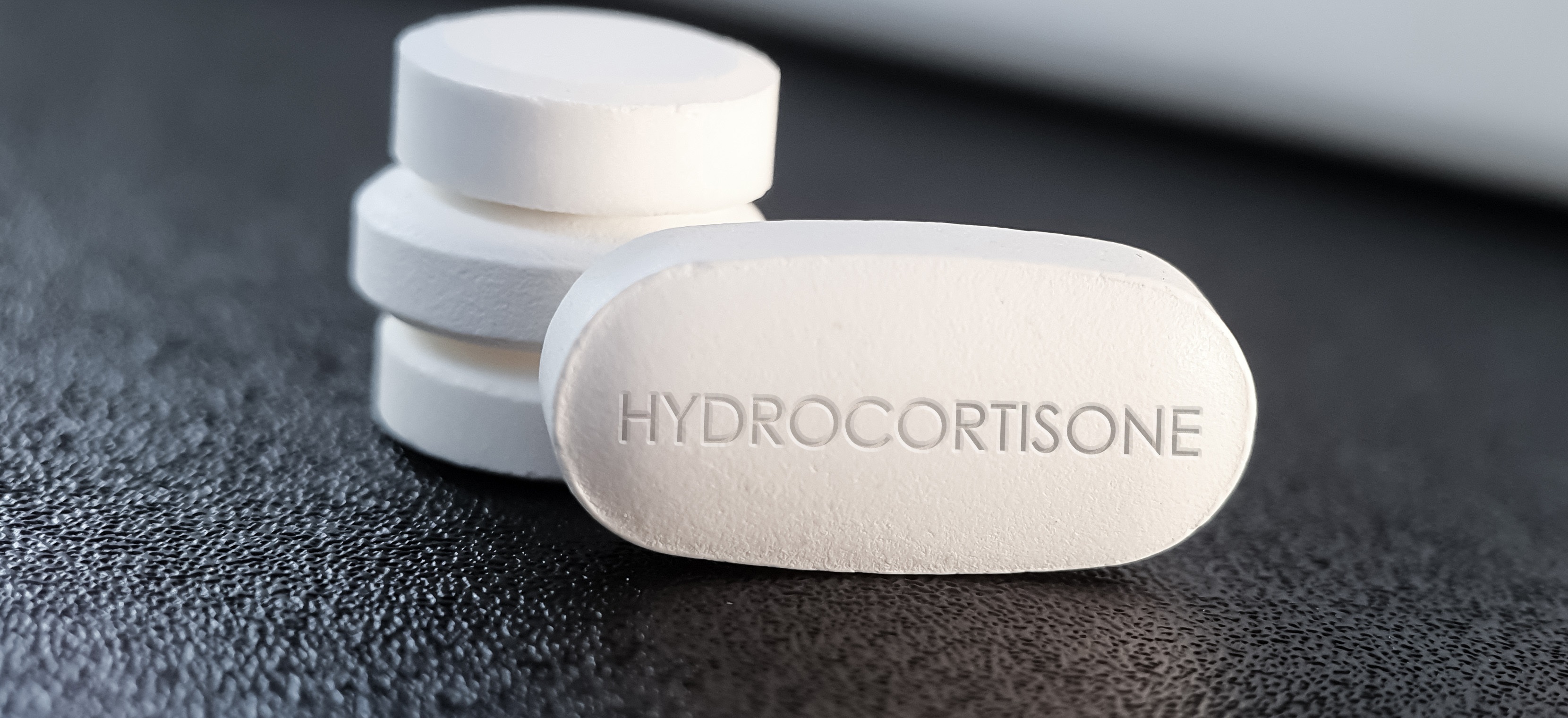
All pharmaceutical treatments for prevention of PTSD
What are medications for the prevention of PTSD? Scientific understanding of the neurobiological changes occurring during PTSD onset shows memory consolidation appears particularly vulnerable to disruption in the first six hours after trauma, making this a crucial period for intervention for prevention of PTSD. This technical commentary presents the evidence on pharmaceutical interventions administered during this period. Please also see the psychotherapy for prevention of PTSD topic. What is the evidence on medications for the prevention of PTSD? Hydrocortisone is a glucocorticoid, which attenuates heightened fear response through increased removal of fear-inducing memories. Moderate to low quality evidence found a…
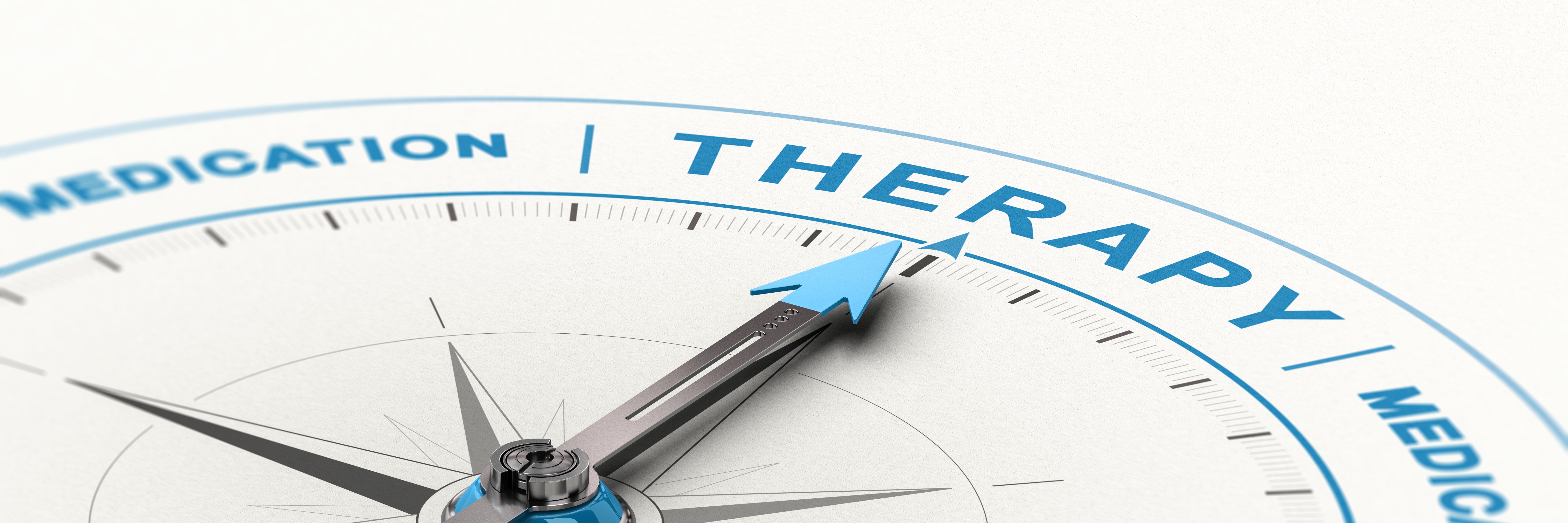
All pharmaceutical vs. psychological treatments
What are combination treatments for PTSD? Several beneficial treatments for PTSD are available, including pharmaceutical and psychological approaches. Treatment guidelines typically recommend psychological therapies as first-line PTSD treatment. However, some antidepressants in particular may also be used as first-line treatment. It remains uncertain whether benefit increases when combining pharmacological and psychological treatments. This topic presents the evidence for all pharmaceutical treatments compared to all psychosocial and combination therapies for PTSD. What is the evidence on pharmaceutical versus psychological and combination interventions for PTSD? Moderate to low quality evidence found large improvements in PTSD symptoms by last follow-up with psychotherapy and…
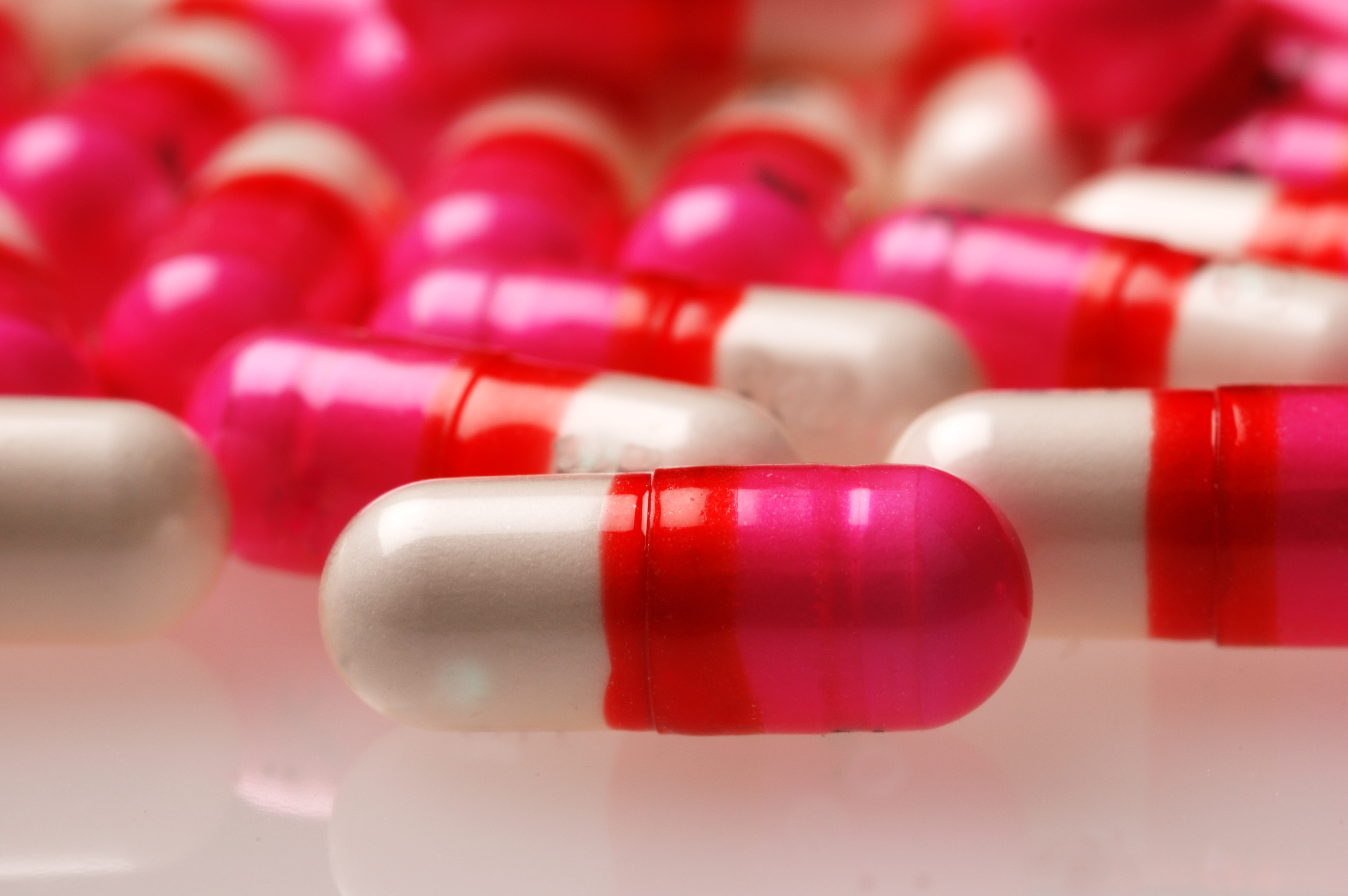
Alpha blockers
What are alpha blockers (prazosin) for PTSD? Alpha blockers, such as prazosin, are medications that work as alpha-adrenergic receptor antagonists. They cross the blood-brain barrier, antagonise the alpha receptors in the central nervous system, and block the stress response. Higher than normal nocturnal central nervous system adrenergic activity that occurs in PTSD contributes to the disruption of normal rapid eye movement sleep. Prazosin reduces this adrenergic activity and therefore could be effective in treating posttraumatic arousal symptoms such as sleep disturbances and nightmares. What is the evidence on prazosin for PTSD? Moderate quality evidence found medium to large improvements in…
Anticonvulsants
What are anticonvulsants for PTSD? Anticonvulsants are primarily used to treat epilepsy, but may also be effective for some mental disorders. Anticonvulsant medications influence the actions of neurotransmitters including glutamate and GABA, leading to a decrease in brain cell (neuron) excitability. Anticonvulsant medications for PTSD symptoms assessed in this topic include topiramate, tiagabine, and divalproex. What is the evidence on anticonvulsants for PTSD? Moderate quality evidence found topiramate improved symptom response more than placebo. Tiagabine showed less symptom improvement than the antidepressant phenalzine, and divalproex showed less symptom improvement than the antidepressants phenelzine, paroxetine, and desipramine. There were more dropouts…
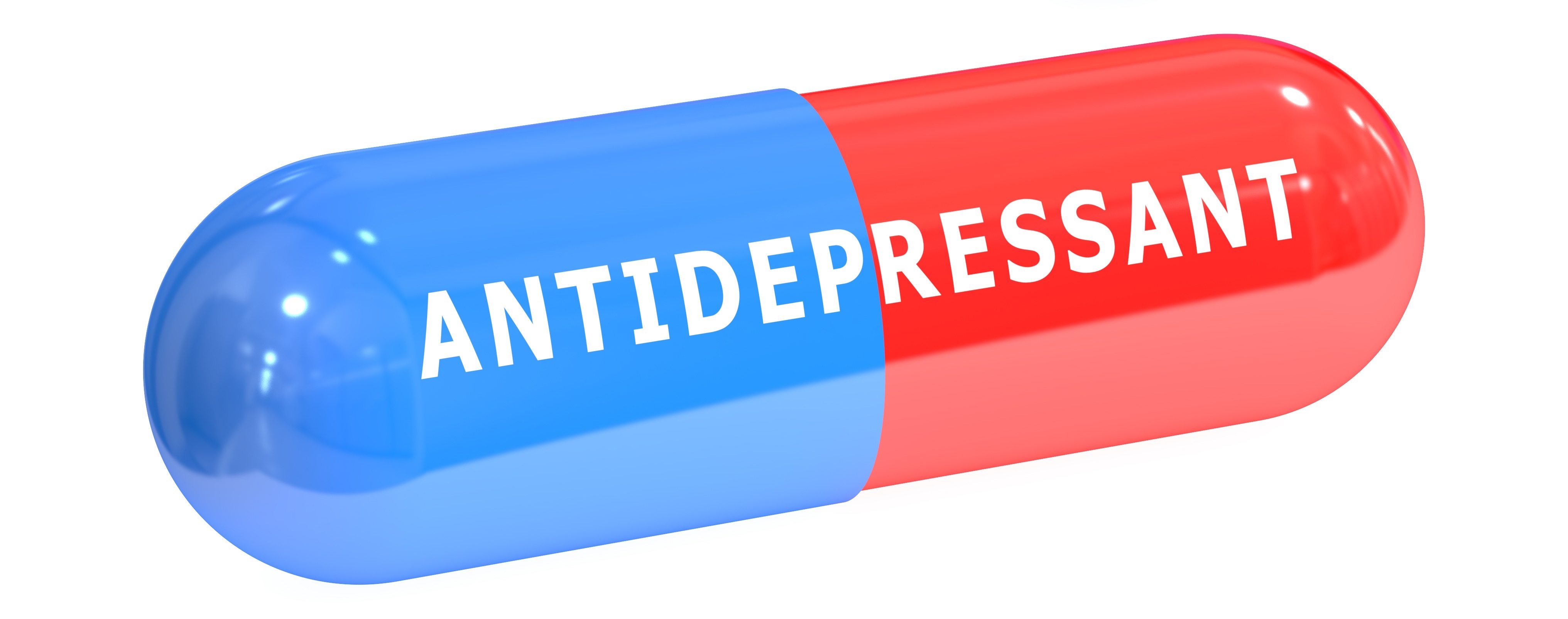
Antidepressants
What are antidepressants? Antidepressants, particularly selective serotonin reuptake inhibitors (SSRIs), have been found to be efficacious in the treatment of depression and anxiety. PTSD was originally classed as an anxiety disorder. Antidepressants may work for PTSD by correcting imbalances in neurotransmitters thought to play a role in causing and/or maintaining symptoms. What is the evidence on antidepressants for PTSD? Moderate quality evidence found the antidepressants phenelzine (large effect), desipramine (medium-sized effect), paroxetine, venlafaxine, fluoxetine, and sertraline (all small effects) were more effective for PTSD symptoms than placebo. Phenelzine was more effective for PTSD symptoms than the antidepressants citalopram, bupropion, sertraline,…
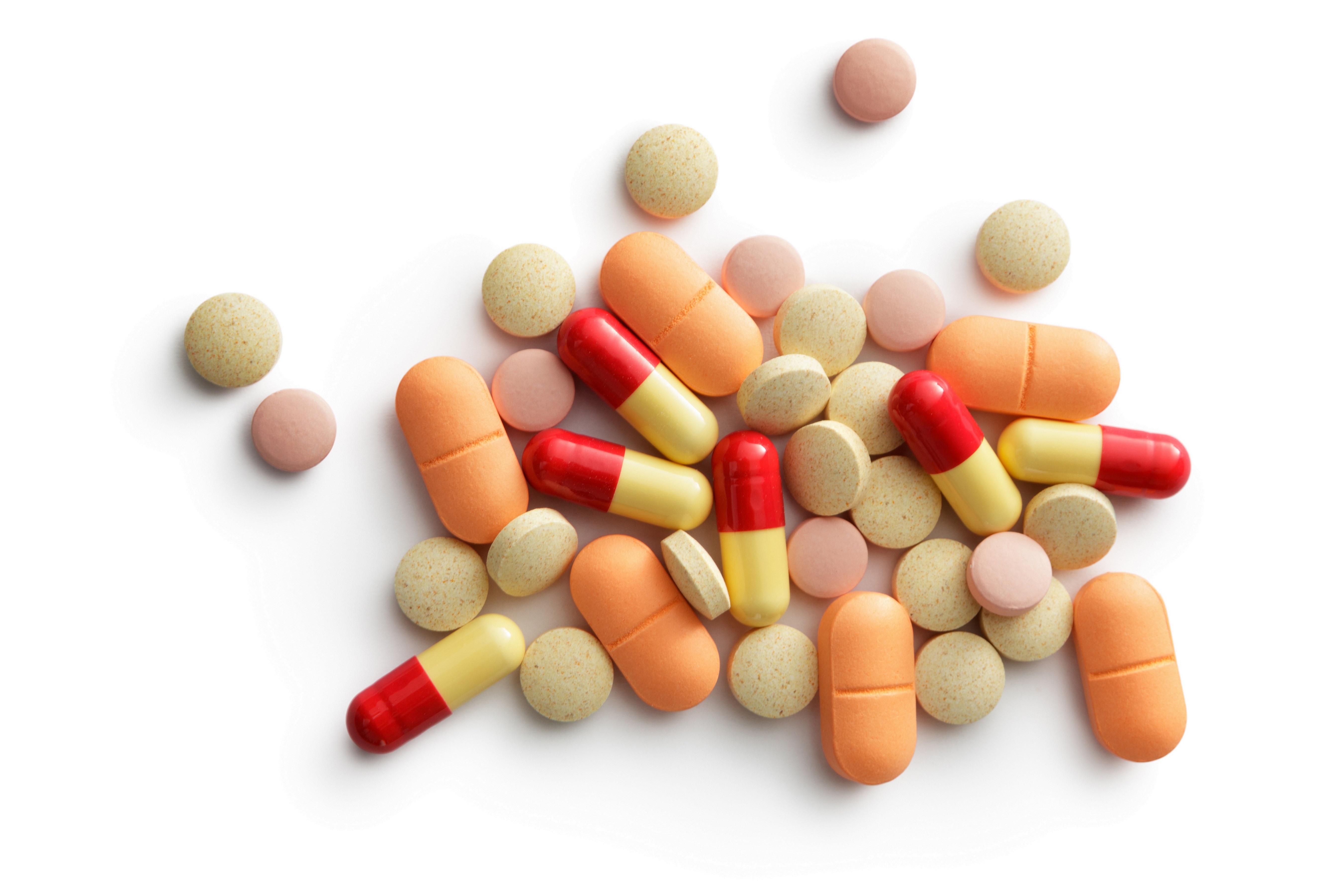
Antipsychotics
What are antipsychotics for PTSD? While most pharmacological guidelines suggest first-line pharmacotherapy should include selective serotonin reuptake inhibitor (SSRI) antidepressants, some people with PTSD do not adequately respond to this treatment. There are also high prevalence rates of PTSD symptoms in people with psychosis, particularly in hospitalised patients. Antipsychotics are effective for the symptoms of psychosis and have also been investigated in people with a primary diagnosis of PTSD. What is the evidence on antipsychotics for PTSD? Moderate to high quality evidence found a small improvement in PTSD symptoms with risperidone or olanzapine than with placebo. Olanzapine was also more…
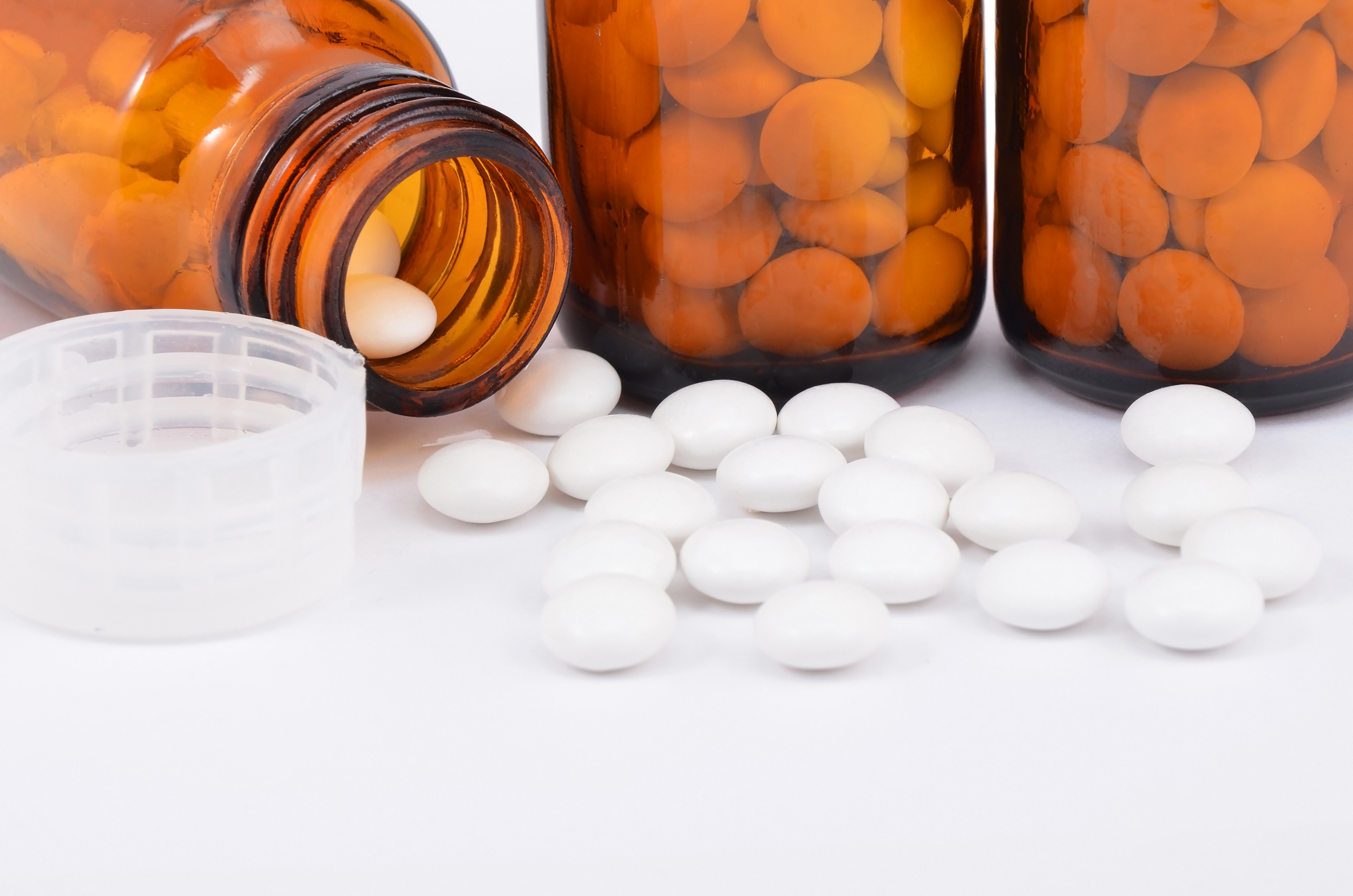
Benzodiazepines
What are benzodiazepines for PTSD? Benzodiazepines are implemented to treat insomnia, irritability, and anxiety, which are common symptoms in people with PTSD. While benzodiazepines may diminish these symptoms, they may worsen other features, such as promoting avoidance in the long term. They are also associated with well-established patterns of tolerance and dependence, so they are prescribed with caution. What is the evidence on benzodiazepines for PTSD? Moderate quality evidence found a small effect that benzodiazepines can have an adverse impact on the prevention and treatment of PTSD. August 2021 Image: ©Cappi Thompson- stock.adobe.com
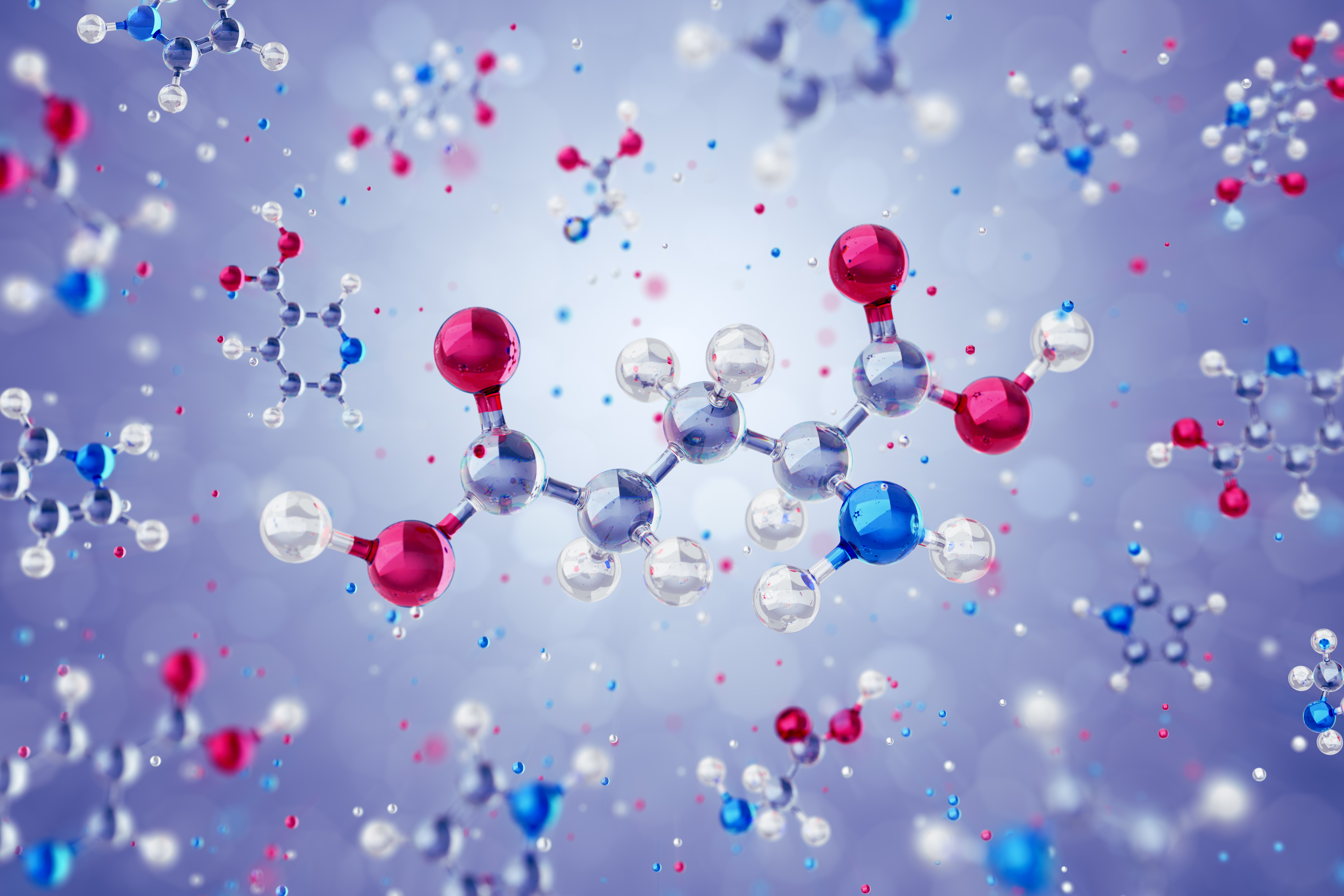
Glutamatergic modulators
What are glutamatergic modulators (D-cycloserine) for PTSD? Glutamate receptor modulators have been suggested as an adjunctive treatment to psychological exposure therapies when individuals have sub-optimal responses to these therapies. D-cycloserine is a partial N-methyl-D-aspartate (NMDA) agonist that stimulates NMDA glutamate synapses involved in emotional learning and strengthens the fear extinction learning that takes place in exposure-based treatments. What is the evidence on D-cycloserine for PTSD? Moderate to low quality evidence finds no significant improvement in PTSD symptoms with D-cycloserine plus exposure-based treatment compared to placebo plus exposure-based treatment. There may be some improvement in people on serotonin reuptake inhibitor (SSRI)…

Medicinal cannabis
What is medicinal cannabis for PTSD? Countries are increasingly allowing cannabinoids (tetrahydrocannabinol [THC] and cannabidiol [CBD]) to be made available for medicinal purposes, including for the treatment of mental disorders. Medicinal cannabis refers to any part of the cannabis plant, such as flowers, buds, leaves, or full plant extracts. Pharmaceutical cannabinoids refer to pharmaceutical-grade medicinal extracts with defined and standardised THC, CBD, or a combination of both and synthetic cannabinoid derivatives. What is the evidence regarding cannabinoids for PTSD? Moderate to low quality evidence finds no consistent improvement in PTSD symptoms with cannabinoids. There may be more adverse events with…
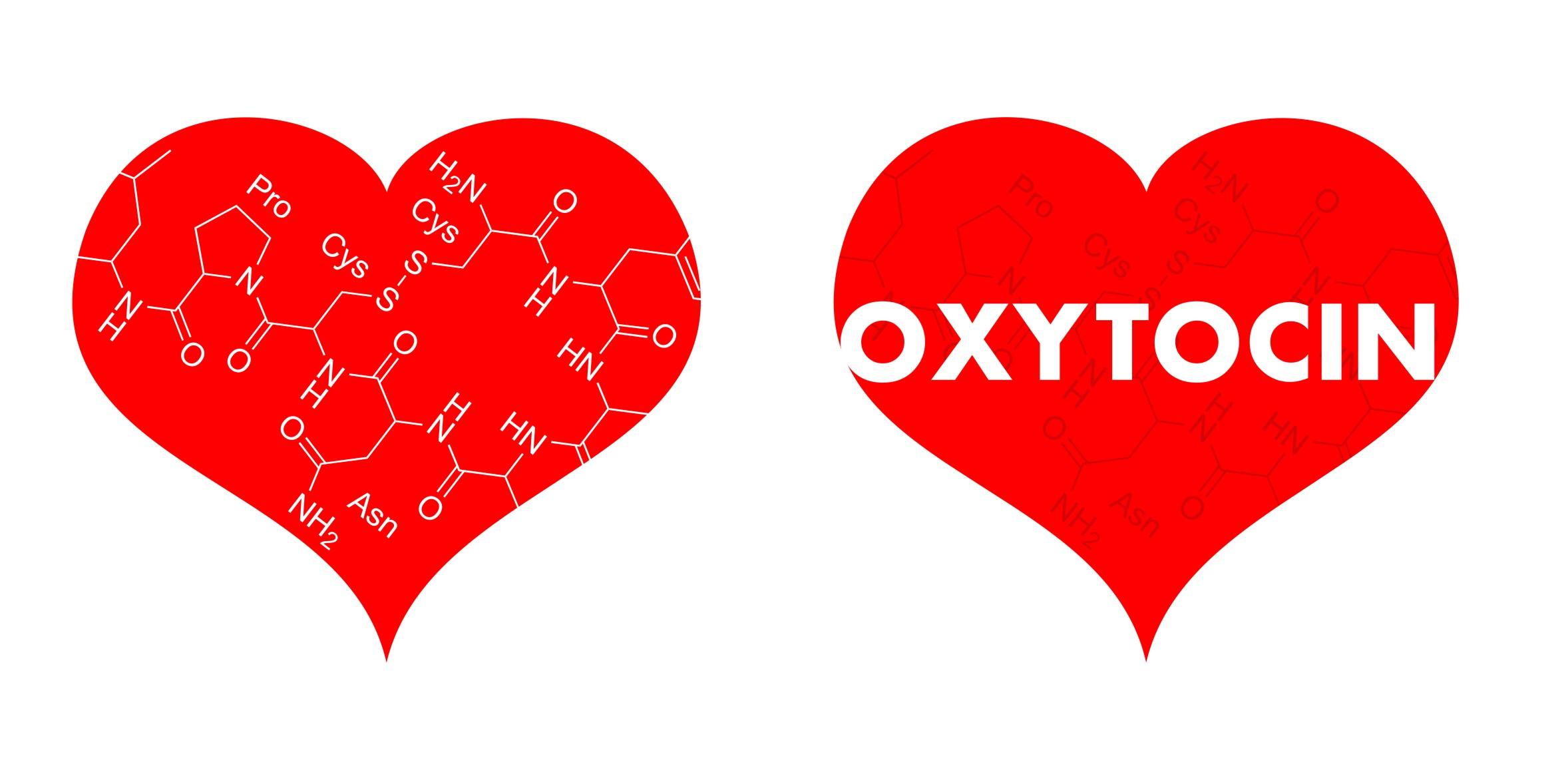
Oxytocin
What is oxytocin for PTSD? Oxytocin is a neuromodulatory neuropeptide that is important for processing emotional stimuli in a social context. It is known for its role in facilitating trust and attachment between individuals as well as its involvement in behaviours such as mother-infant bonding, theory of mind, and empathic abilities. The impact of oxytocin may be moderated by features of the social environment or individual differences. What is the evidence on oxytocin for PTSD? Moderate to low quality evidence found intranasal oxytocin may enhance cognitive and empathic abilities but has no effect on PTSD symptoms. Intranasal oxytocin may be…
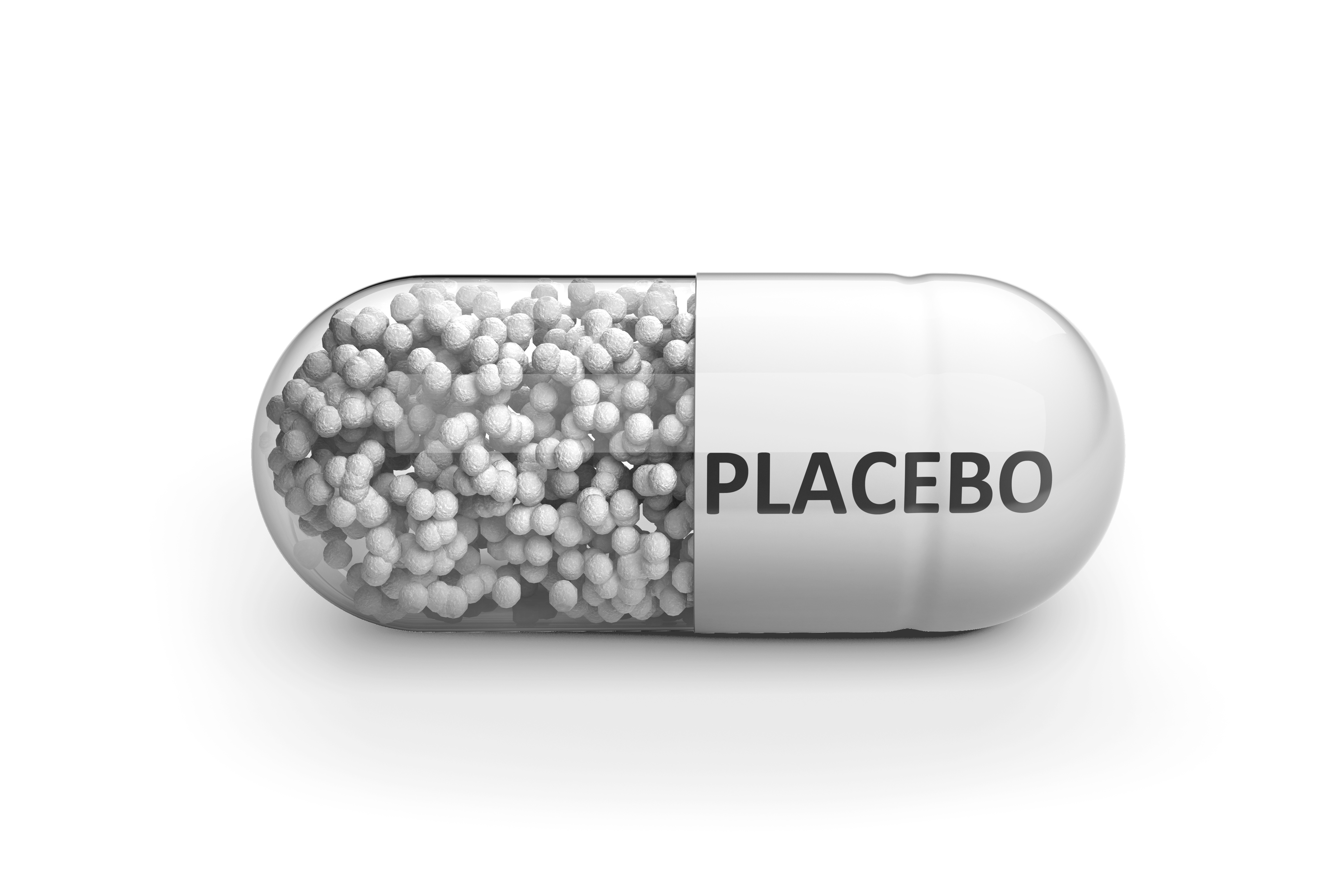
Placebo effect
What is the placebo effect in PTSD? Placebo effects in pharmaceutical trials vary widely, with response rates varying from 20% to 70%. The placebo response can include improvement in symptoms and even adverse reactions that have been associated with the drug being tested. Placebo effects can substantially influence conclusions about the efficacy of medications as they minimise any differences in response. What is the evidence on placebo effects in trial for PTSD? Moderate to high quality evidence found large improvements from baseline to endpoint with both placebo and antidepressants, with a small effect of greater improvement with antidepressants. August 2021…
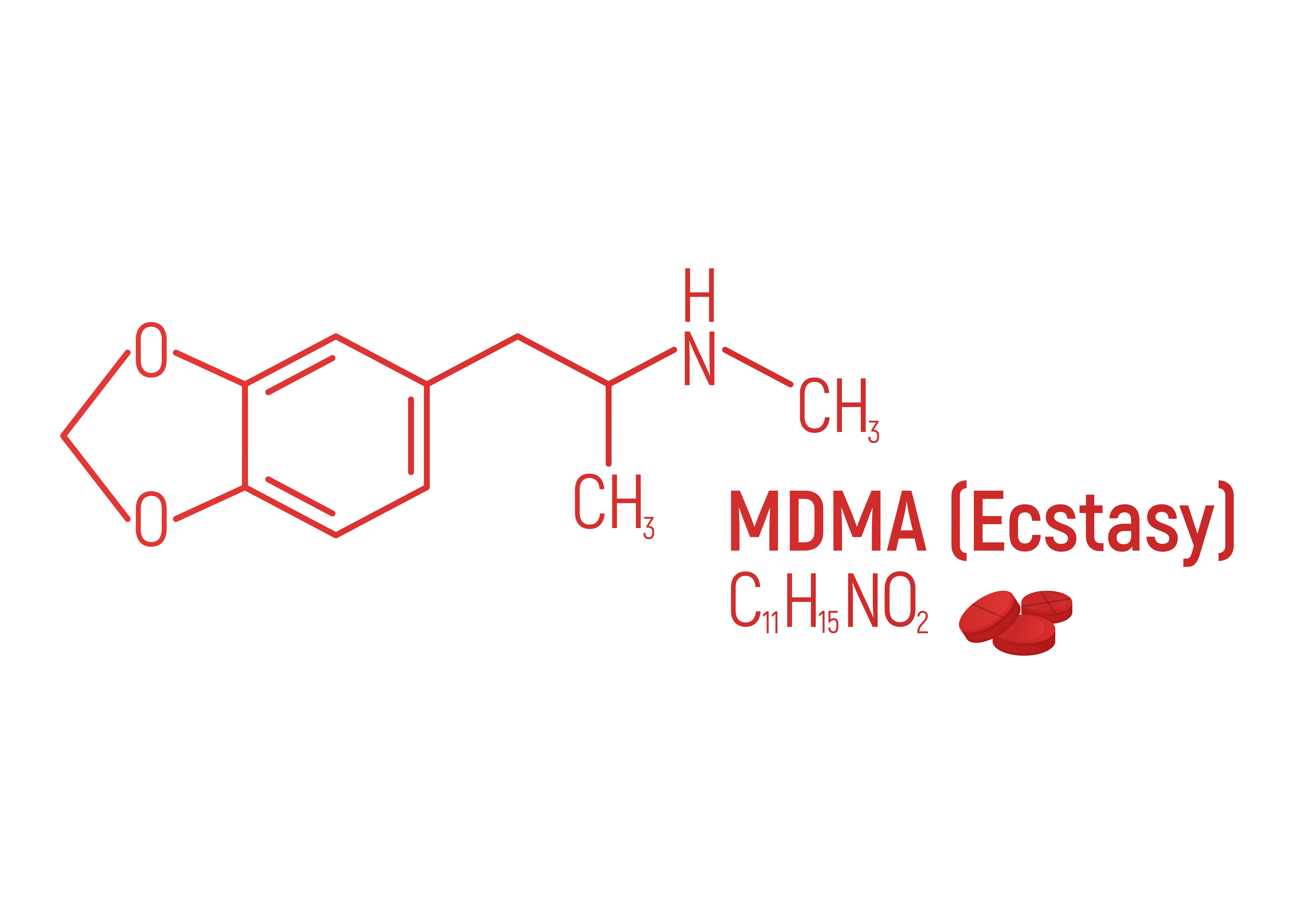
Psychedelics
What are psychedelics for PTSD? High rates of treatment refractory PTSD has spurred a search for novel treatment approaches. One therapeutic candidate is 3,4-methylenedioxymethamphetamine (MDMA), which is an illicit psychedelic drug known for its widespread recreational use. By combining purified MDMA, rather than illicit “ecstasy” obtained from a non-medical setting, with psychotherapy, it facilitates therapeutic techniques. These include revisiting traumatic experiences with an appropriate level of emotional engagement. Through targeting multiple neurotransmitter systems, MDMA may offer pharmacologic advantages to SSRIs, which are restricted to a single neurotransmitter domain (serotonin). What is the evidence on psychedelics for PTSD? Moderate to low…
Green - Topic summary is available.
Orange - Topic summary is being compiled.
Red - Topic summary has no current systematic review available.
